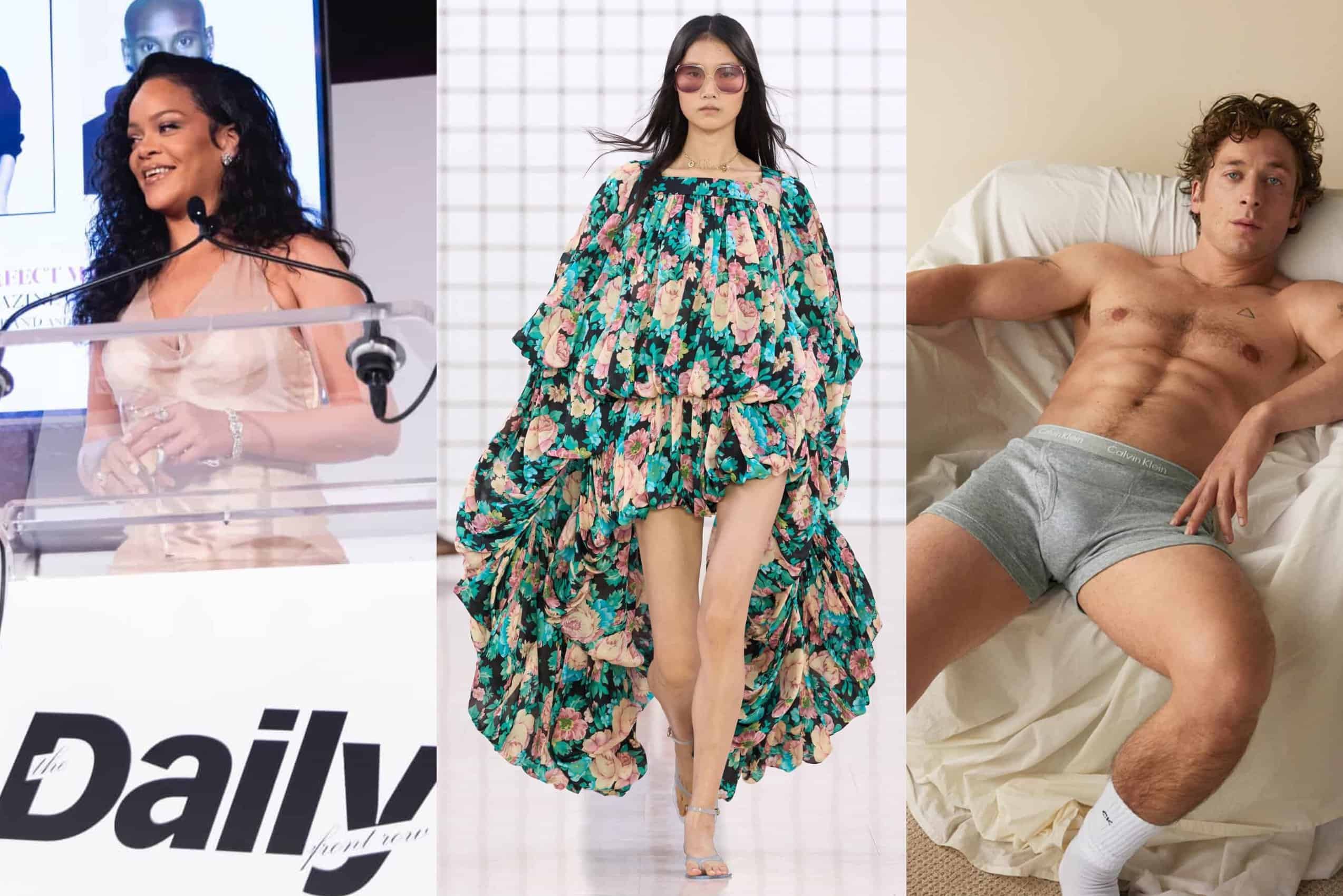Image Source: Getty / Axelle / Bauer-Griffin / FilmMagic
On June 16, Selena Gomez joined Amy Schumer, Tracee Ellis Ross, Quinta Brunson, Molly Shannon, and Bridget Everett for a roundtable discussion with The Hollywood Reporter to discuss their experiences in the entertainment industry. Gomez began acting in 2002 and gained widespread fame as Alex Russo on Disney Channel’s “Wizards of Waverly Place” when she was 15. During the discussion, the actor openly commented on her experience being sexualized by the entertainment industry at such a young age and the obligation she felt to release sexy album covers when she began pursuing her music career.
After touching on their respective projects — including “Black-ish,” “Life After Beth,” “Abbott Elementary,” and more — the illustrious group of women slipped into a discussion about toxic beauty standards placed on women in the entertainment industry. “For someone like Selena, who was sexualized at such a young age [it must have been difficult],” Schumer says, praising the way Gomez has since come into her own as an individual. “But you kind of have rejected that [objectification] and really found your own style and presence. I know they put you in a system that makes you feel like this is how you have to do it, and — especially when you’re getting that positive feedback when people are attracted to you or whatever — it takes a long time to go, ‘Yeah, I’m going to go in this direction [instead].'”
“It was a choice that I wasn’t necessarily happy that I made, but I think that I’ve done my best.”
Nodding, Gomez replies, “Yeah, that’s really unfair. I actually did an album cover and I was really ashamed after I did it. I had to work through those feelings because I realized they were attached to something deeper that was going on, and it was a choice that I wasn’t necessarily happy that I made, but I think that I’ve done my best [since then], at least.”
The more Gomez has distanced herself from the toxic beauty culture bolstered by social media and the entertainment industry, the more she’s had time to reflect on her public image and the way she wants to present herself. In a 2020 interview with Allure, she shared a similar sentiment, explaining that she felt “pressure” to be sexy when she was posing for the cover of her 2015 album “Revival,” which she released when she was 22. The black-and-white images in the album booklet feature Gomez posing in her underwear with her arms and legs contorted in front of her to conceal her bare chest. “I just did things that weren’t really me,” she said at the time. “There was pressure to seem more adult on my album, ‘Revival.’ [I felt] the need to show skin . . . I really don’t think I was [that] person.”
Reflecting on that time in her life, when she felt vulnerable to the whims of the music industry and unable to speak up for herself, Gomez adds that the unwavering expectation to be sexy is another reason she famously avoids social media. “I can’t look that way. I don’t find it attainable, and the moment I’m not on [social media], everything else becomes real,” she says in the roundtable discussion, referencing the photos on Instagram that promote idealistic body norms.
Gomez’s revelations about the harmful beauty culture of the entertainment industry align with comments from other stars like Natalie Portman and Alyson Stoner, who have openly addressed the destructive mental and physical impact of being sexualized at such a young age. With a fourth studio album on the horizon and a new musical era underway, Gomez is ready to move away from that industry-crafted image of herself and be herself in every sense of the word. Speaking at the roundtable, she adds, “I’ve tried to be myself, and myself is not an overly sexual person. Sometimes I like to feel sexy, but it doesn’t mean [I’m doing it] for somebody else. It can be for me.”
Watch Gomez’s full roundtable discussion with Schumer, Ross, Brunson, Shannon, and Everett ahead.
You can view the original article HERE.





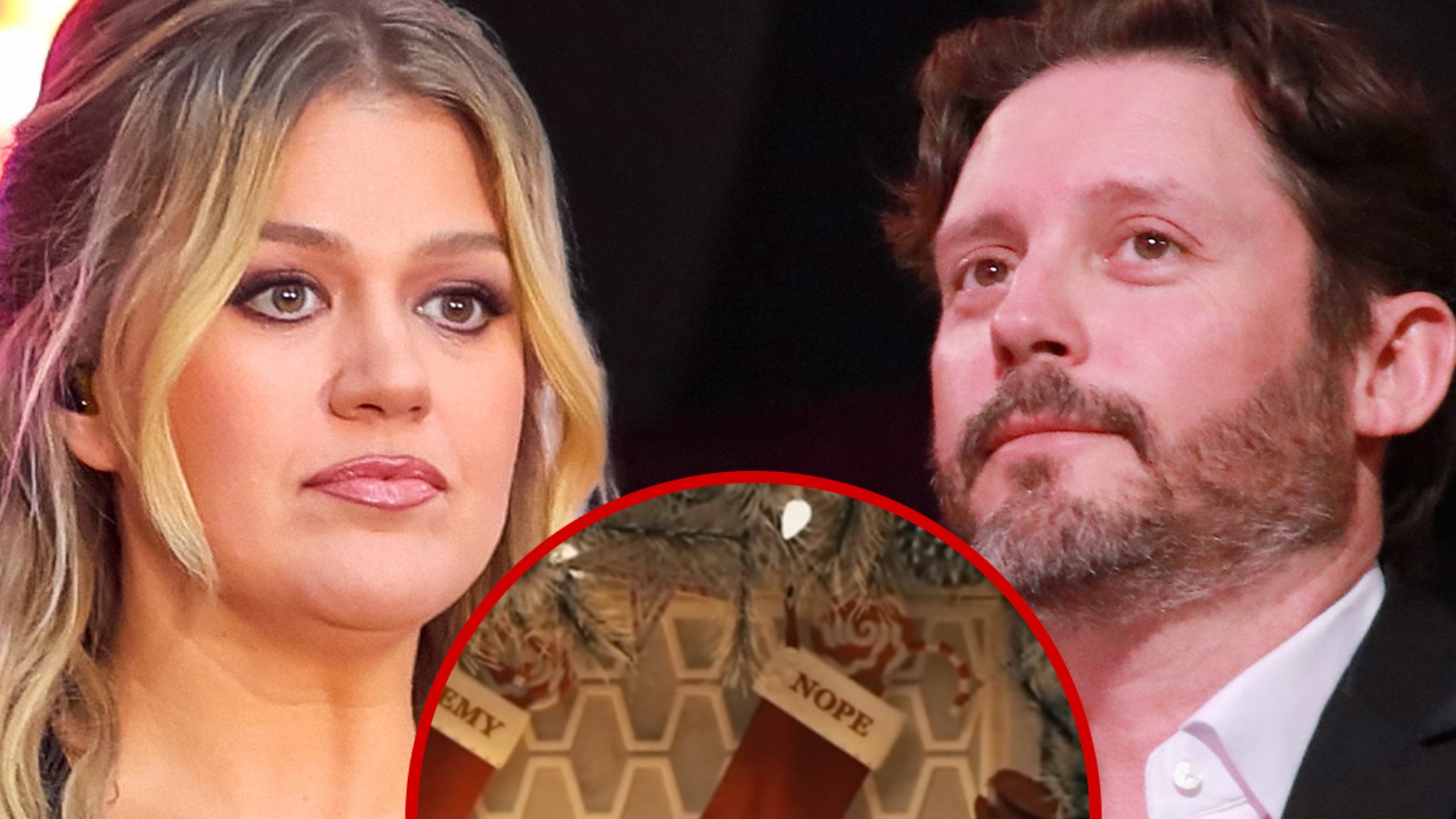



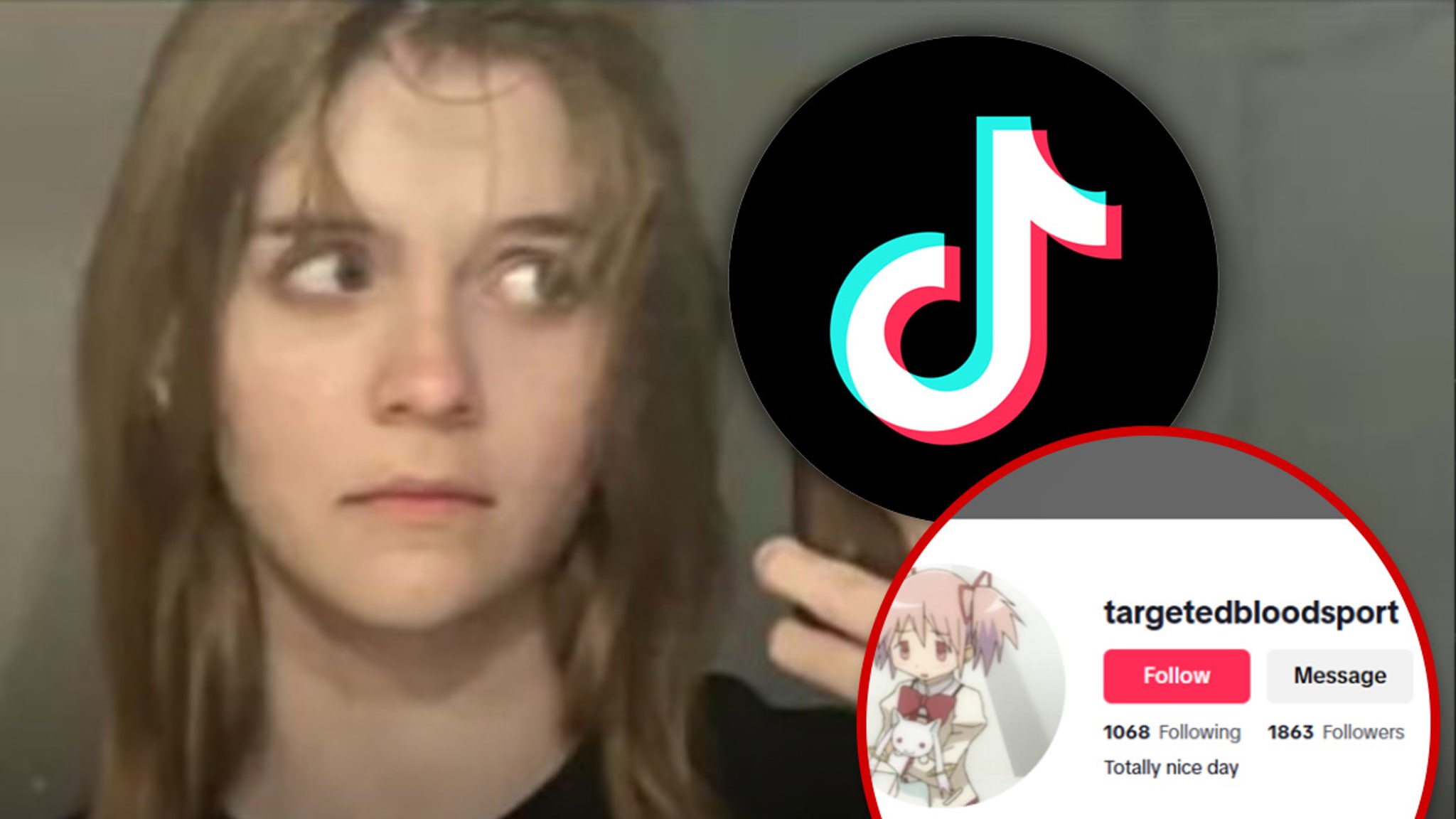
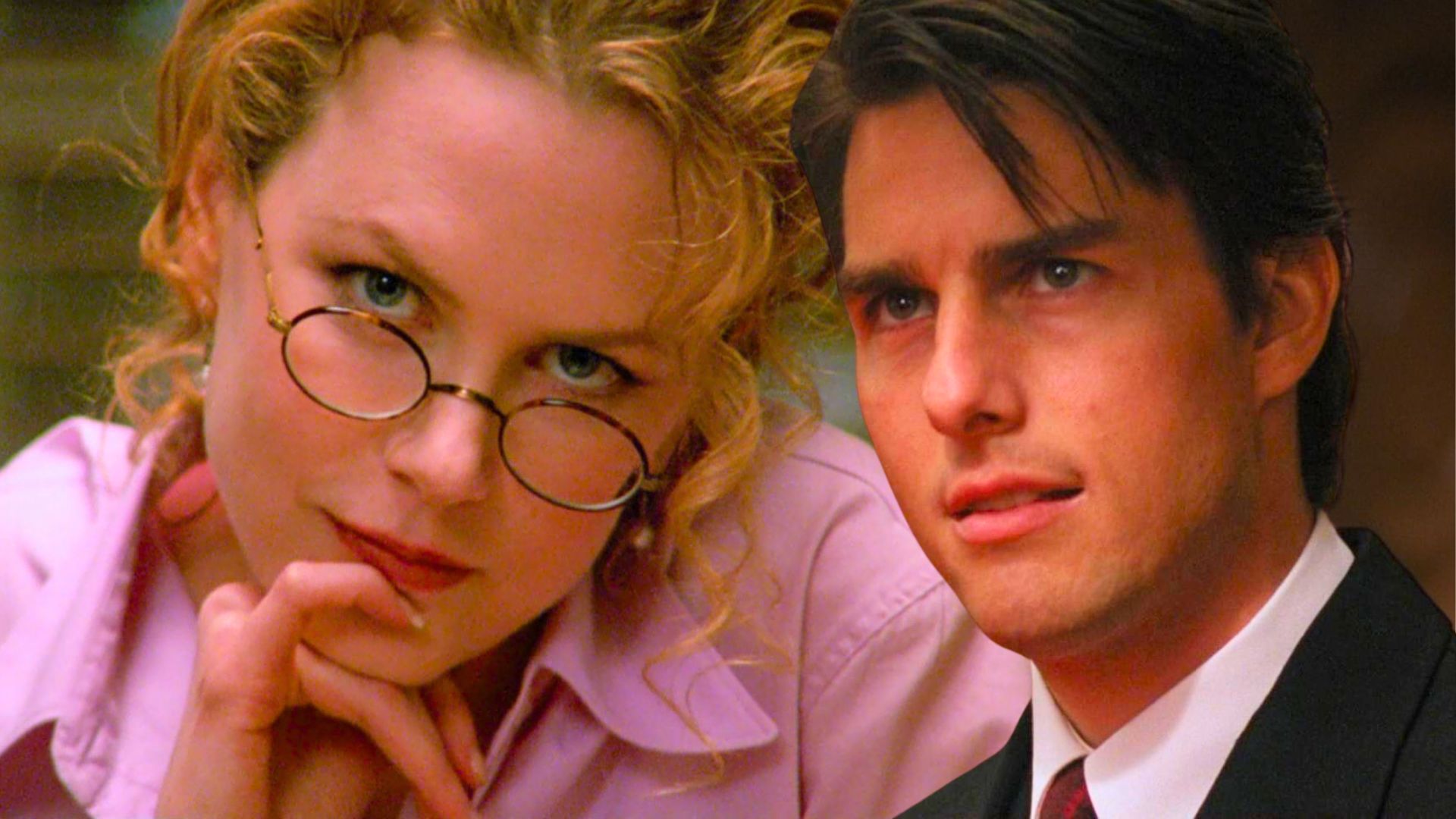
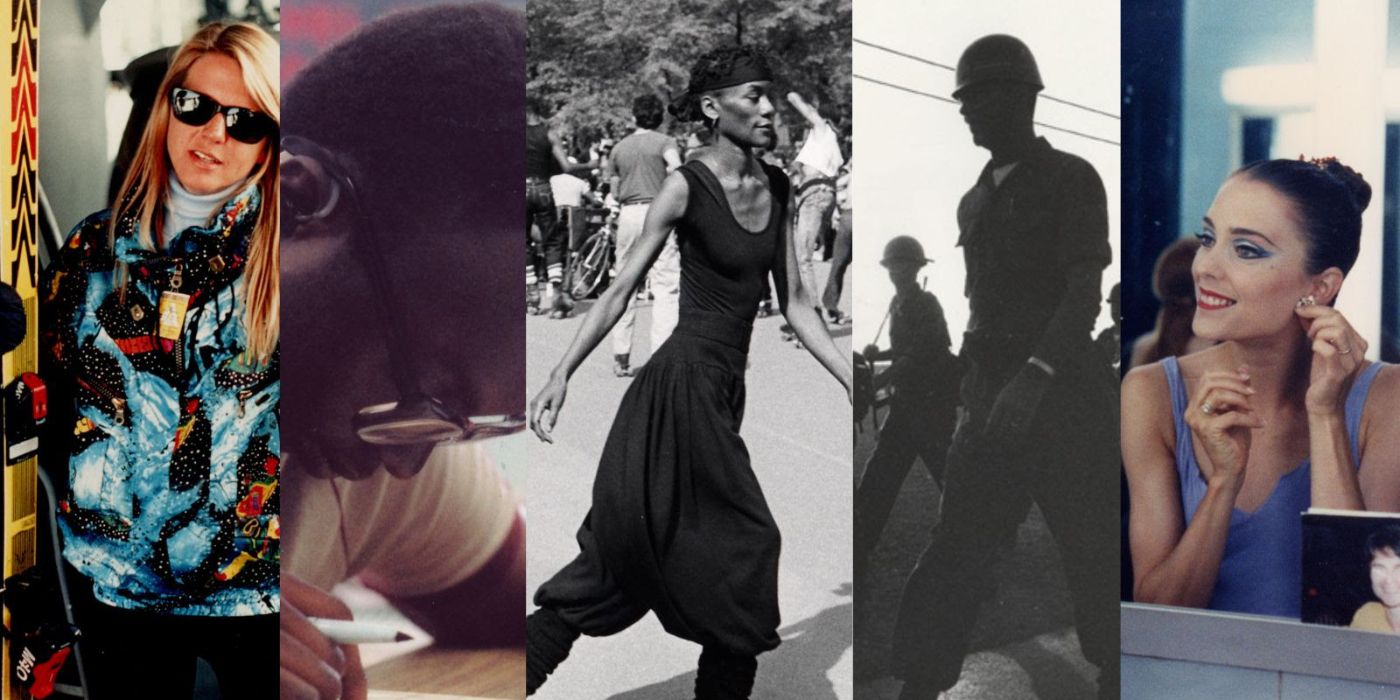




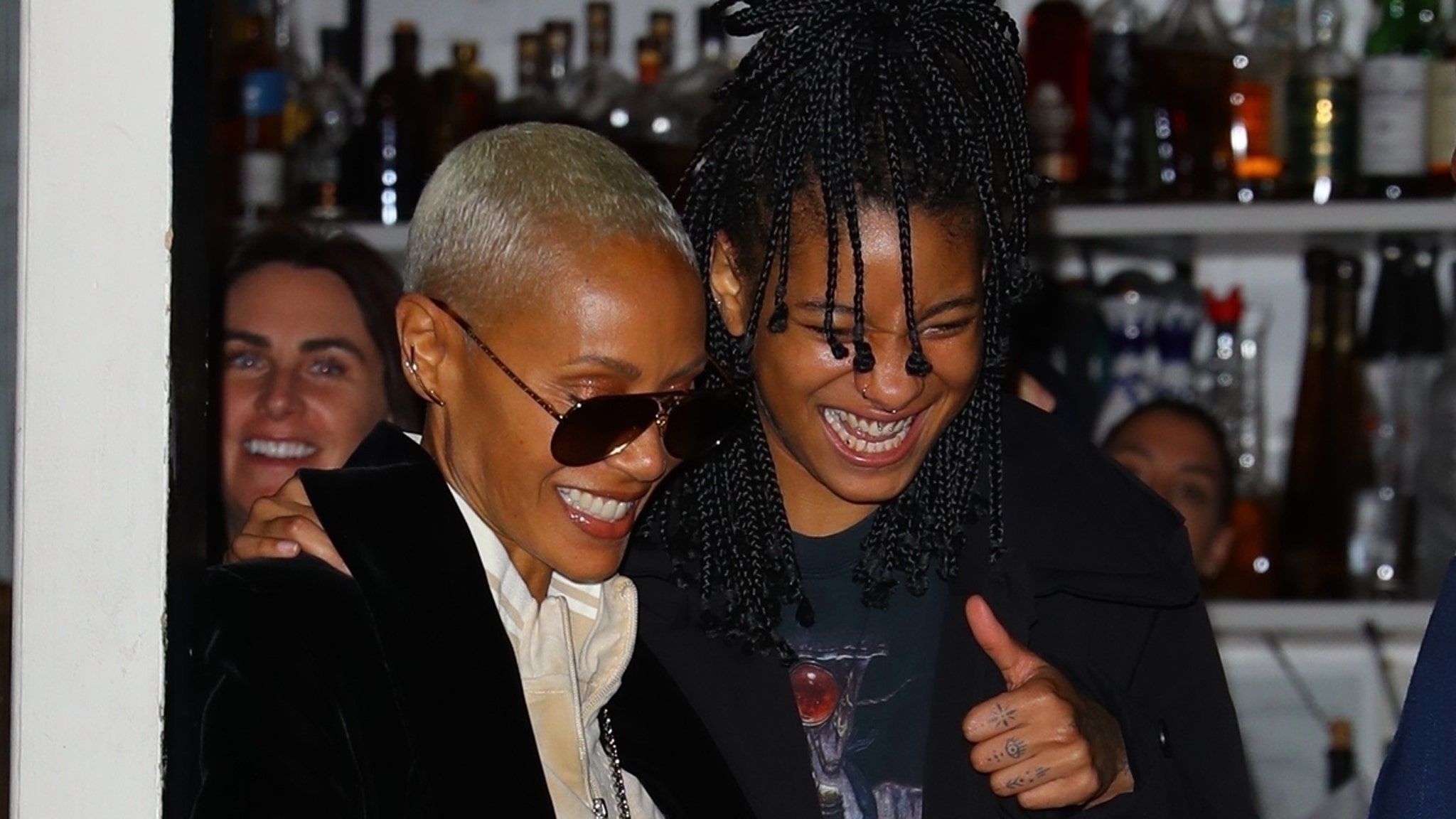
:quality(85):upscale()/2024/01/10/051/n/1922283/4904212e659f32b61a53f0.10447995_.jpg)









:quality(85):upscale()/2024/12/20/830/n/1922564/5c67fdcd6765bdc5795da2.94470909_.jpg)

